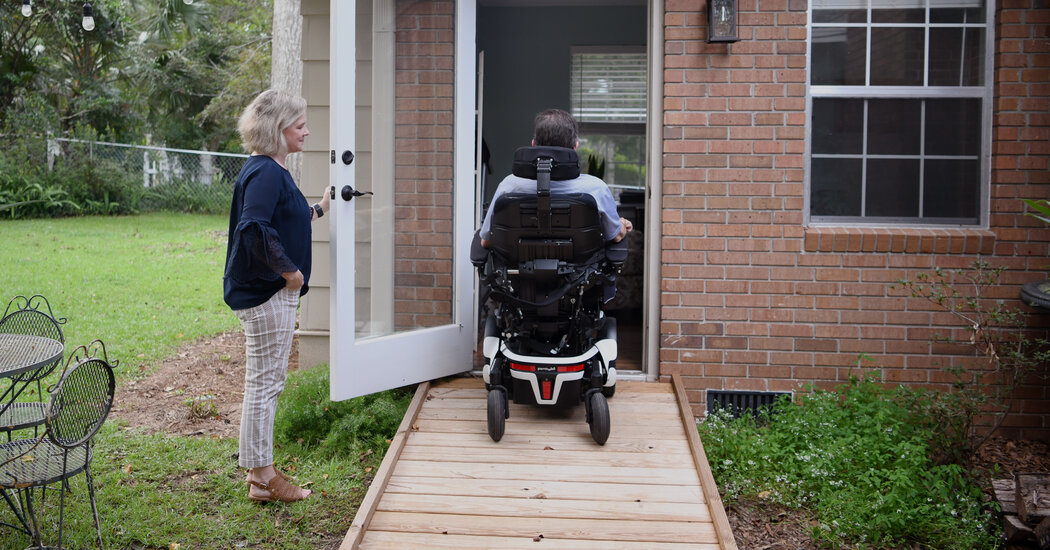The primary objective was to slow the decline on a 48-point ALS scale with 12 physical skills, including walking, speaking, swallowing, dressing, handwriting, and breathing. Over 24 weeks, the patients who received a placebo dropped 2.32 points more than those who took the combination drug, translating to a 25 percent slower decline for patients receiving the treatment over that time.
The open-label extension study involved 90 of those patients, including 34 from the placebo group, who started taking AMX0035 about seven months after those who had been given it from the start. The researchers reported to the FDA that those who received the treatment the longest had an average of 4.8 months more time before they were hospitalized, had to be put on a ventilator, or died.
“This is the first time we’ve seen an advantage in both function and survival in an ALS clinical trial,” said Dr. Sabrina Paganoni, the principal investigator of the clinical trial and specialist in neuromuscular medicine at Massachusetts General Hospital’s Healey Center for ALS.
“If access is delayed, the patients in my clinic today may never get the time and function they could have had. Delaying access is not a risk we should take,” said Dr. Paganoni.
However, FDA reviewers identified many issues with both the Phase 2 clinical trial and the open-label extension. They said in briefing papers that the benefit identified was “statistically cross-border significant and may not be sufficiently convincing to allow a determination of effectiveness based on a single study.”
dr. Emily Freilich, a leader of the FDA team, said at the hearing that the clinical trial results, which suggest the drug slowed decline in the functional scale of ALS, were “not very convincing” and that the secondary measures of the trial — which included muscle strength, respiratory ability, and whether patients were hospitalized — were “generally unsupportive” for the benefit.
FDA officials said the evidence, even from the extension study, does not show that the therapy can help patients live longer. dr. Freilich said that patients who received the placebo and never switched to AMX0035 survived an average of 1,295 days, while patients who received AMX0035 for more than 96 weeks survived an average of 1,237 days.

